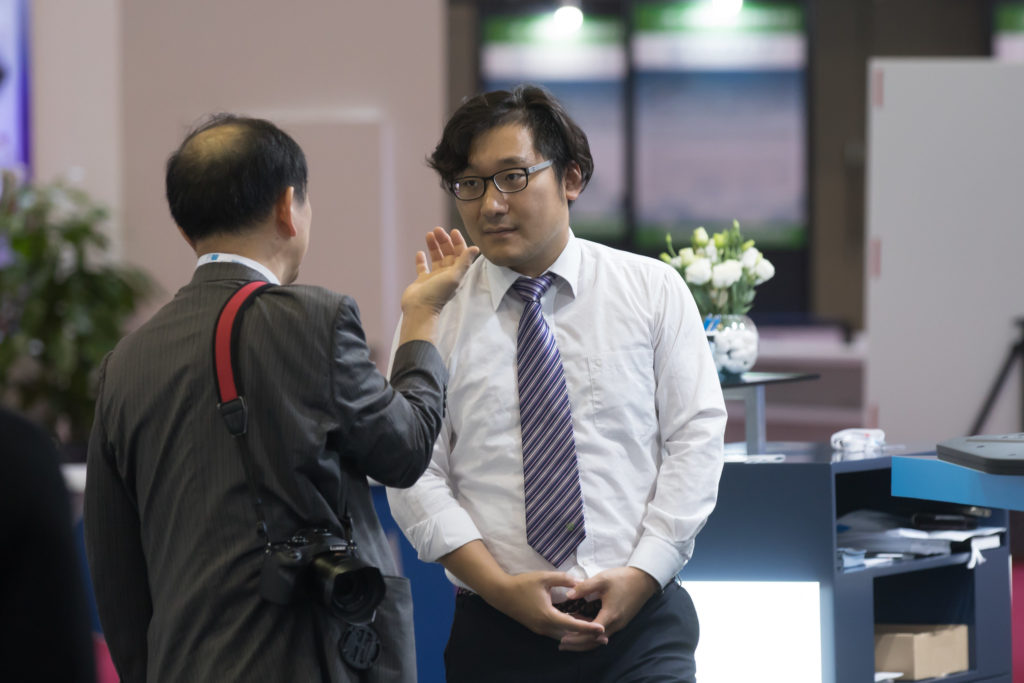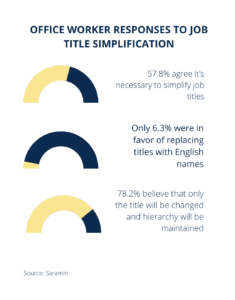The Peninsula
Moving from Hierarchical to Horizontal
Published April 25, 2022
Author: Mai Anna Pressley, Korea View
Category: South Korea, Culture, Current Events

Several major Korean companies made headlines recently for asking their employees to address coworkers and bosses by English nicknames instead of their formal titles. This is not a groundbreaking development – Messenger app company Kakao adopted the use of English names between employees more than 8 years ago. But more companies appear to be getting on this bandwagon as a fix for internal issues.
E-commerce company Timon instated an in-house English title system for employees with the goal of creating a new company culture. Timon and others see this practice as a vehicle for dismantling the hierarchal culture in their firms, improving communication, and raising firm productivity.
Many companies adopting this practice also see this as a move toward globalization – Korean companies such as KIA, Hanhwa, and SK believe having employees use English names makes contact with overseas business partners and clients easier.

However, a survey conducted by an online recruiting platform found that the opinions of actual employees towards these measures are mixed. Only 6.3% of respondents were in favor of using English names. Others questioned preferred referring to all co-workers with the Korean honorific “nim”, which is roughly similar to Mr./Ms., rather than adopting English names.
Furthermore, while 57.8% of workers polled agreed that a system to simplify job titles was necessary, many felt that changing titles was only a performative measure with little tangible changes. In 2021, search engine giant Naver, which was known for a horizontal work environment in which all employees address each other as “nim”, came under fire after employees revealed a culture of workplace harassment. Changing titles alone does not change systemic issues in organizational culture.
This briefing comes from Korea View, a weekly newsletter published by the Korea Economic Institute. Korea View aims to cover developments that reveal trends on the Korean Peninsula but receive little attention in the United States. If you would like to sign up, please find the online form here.
Korea View was edited by Yong Kwon with the help of Kayla Harris, David Lee, Sarah Marshall, and Mai Anna Pressley. Picture from the flickr account of ITU Pictures
